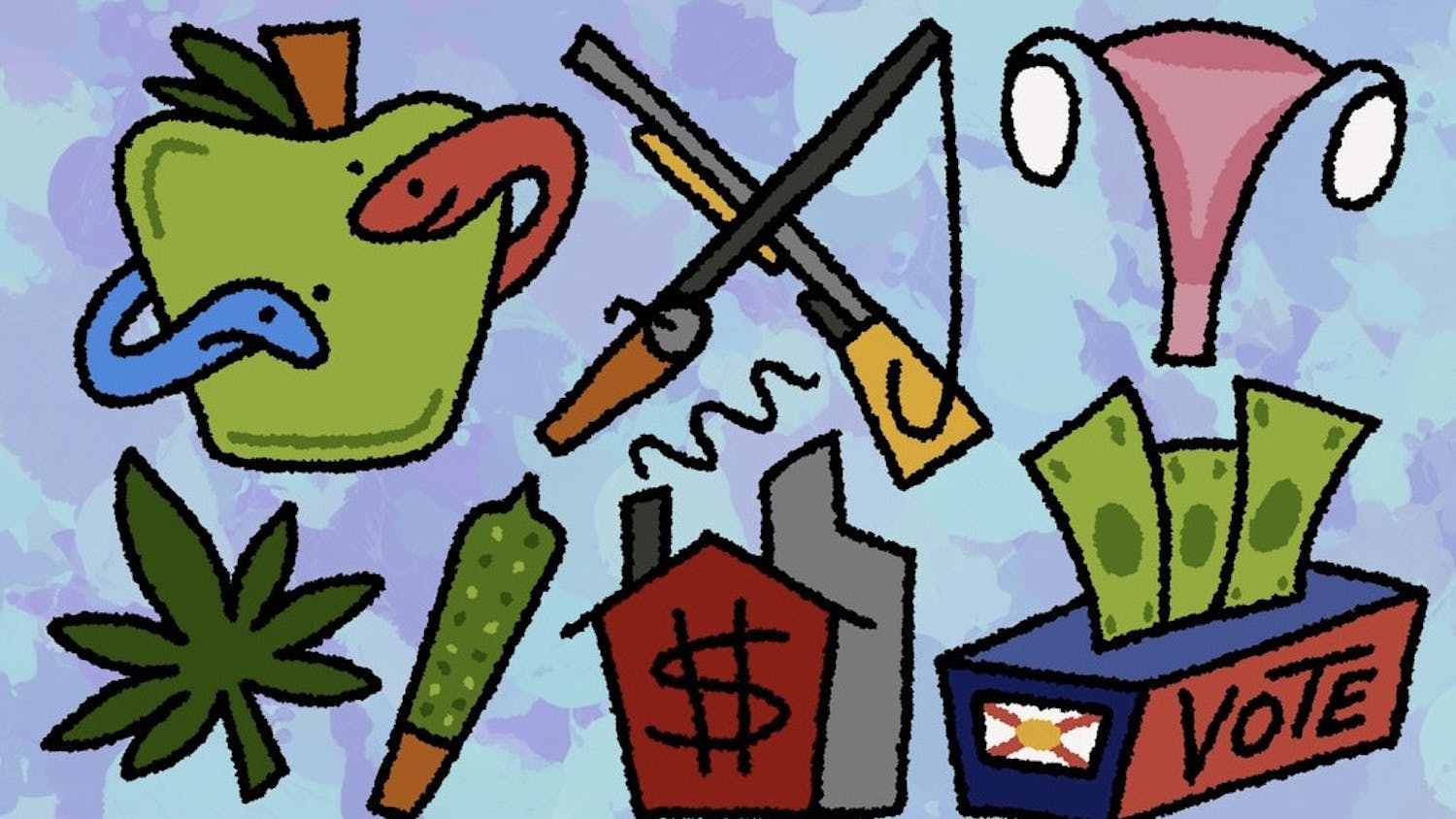Election reform has turned a Student Government platform point into a reality.
The Senate unanimously voted Tuesday night to approve a bill that will do away with paper ballots and move to a computer-based voting system.
Students would still have to go to an on-campus polling location, but instead of receiving a paper ballot, they would swipe their Gator 1 cards and be ushered to a secure booth with a computer to cast votes.
The system is expected to be ready by the fall SG election.
The legislation, written by Senate President Micah Lewis, was widely supported and endorsed. Minority leader Gillian Leytham was the one to motion for unanimous approval.
The system has been tried once before in 2005, Lewis said. However, poorly trained poll workers caused problems with the election, prompting a return to paper and pens.
This time, he said, SG intends to ensure the poll workers know the system, and the technology has improved drastically since.
Treasurer T.J. Villamil said SG expects to save $25,000 by implementing the new system. He will propose today to decrease the election budget from $50,000 to $25,000,
Unite Party Senator Severin Walstad, who worked closely with Lewis on the financial aspects of the bill, said he estimates the savings to be $32,000 as opposed to $25,000.
However, Walstad said, first-year software upgrades would cost between $16,000 and $22,000.
The bill comes after a Spring 2011 election that was marred by controversy. Three students, including two ex-senators, came forward claiming to have voted twice. Instead of voting for a candidate, they wrote in the name of a historical figure.
Lewis said he wouldn't condone the action, but he said it did alert him to weaknesses in the system.
Students will now be able to cast votes at any polling location on campus.
Under previous rules, any kind of electronic voting was illegal. The new rules will still disallow online voting, a system used for SG elections at Santa Fe College.
Lewis said an interview last week he didn't push for online voting because he was aiming to ensure the integrity of the voting process. He said he didn't want a system candidates could exploit by rewarding favorable votes or through pressuring peers into voting their way.





